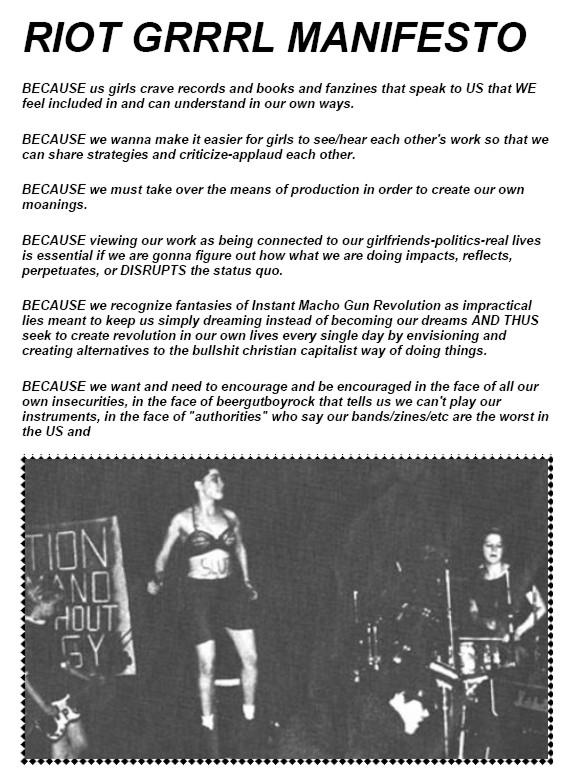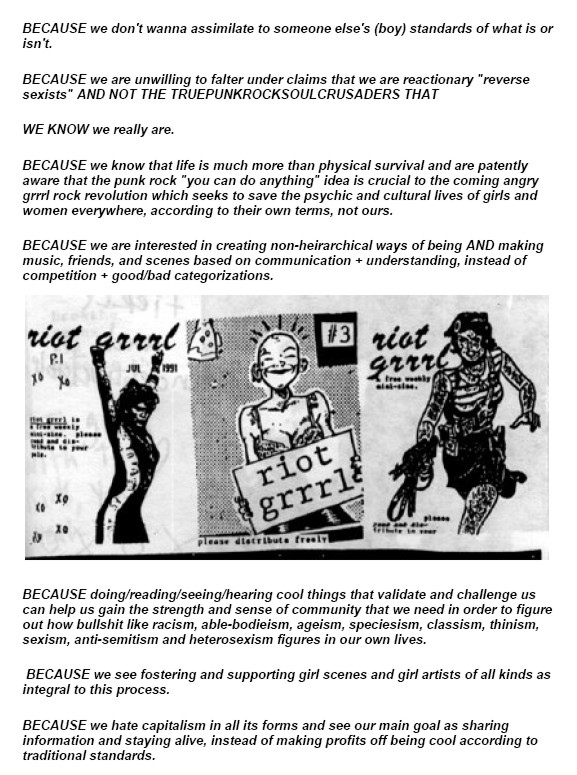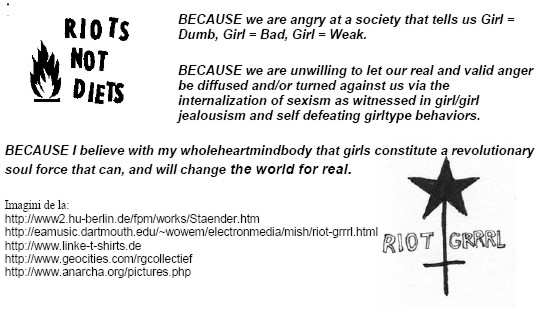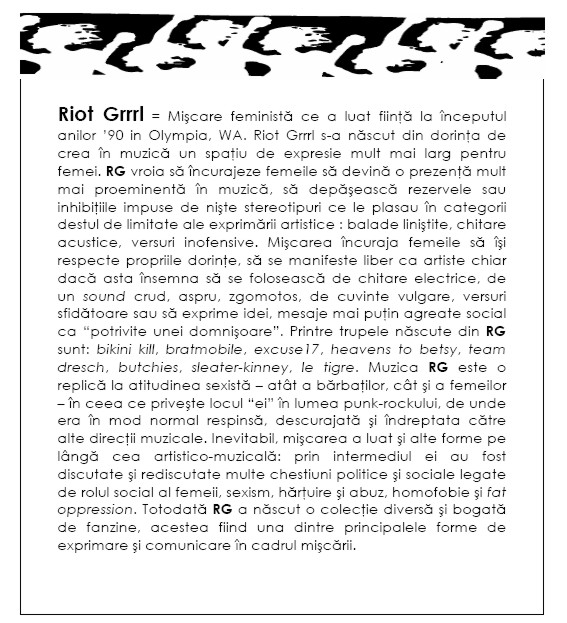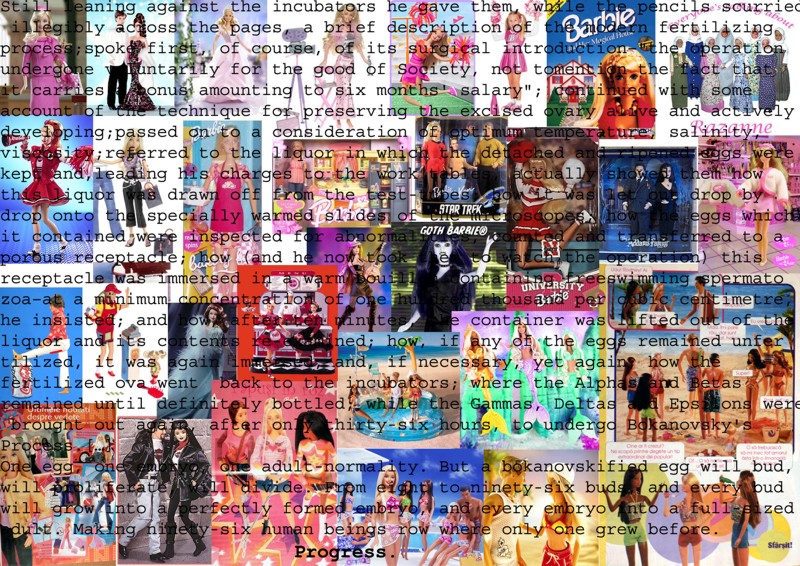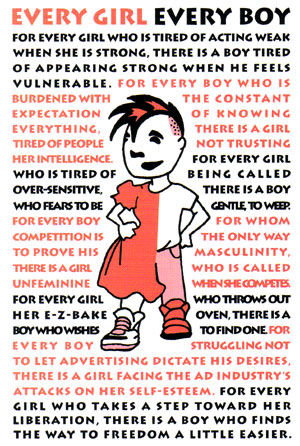A Brief History of Misogyny: The World’s Oldest Prejudice, by Jack Holland
(London: Constable & Robinson Ltd, 2006, ISBN 1-84529-371- 1) 320 pp.
Book review by Joy Wood
Summary
Jack Holland gives a background to his perceived origins of the misogyny we see today. One of the main strands is ancient Greek thought, and the other is Christianity and related monotheistic religions. The Greek myth of Pandora (p13) echoes the Jewish Adam and Eve myth, in that the original human was man. In the Pandora myth, men were alone until the demi-god Prometheus, who had created men, stole fire from heaven so that they would not have to eat meat raw, like animals. According to Hesiod, Zeus punished the theft by creating Pandora as a ‘gift’ for men. When Pandora disobeyed the command not to open the box she let loose “pains and evils among men” (p14). She was to blame for men being subject to all the ills of life on earth. A central belief of both Greek and Judeo-Christian thought is that man was created separately from the animals, ie above them. This may be a key to misogyny; because men desire women, they ‘give in’ to their animal nature against their will (the Greek phrase for Pandora translates as ‘the beautiful evil’ (p13)) and then blame their lack of willpower on the ‘earthiness’ of women rather than accept their own human nature. Consequently men dehumanise women (by equating the latter with nature) and hold them in contempt. Compounding the effect of the Pandora myth, Greek philosophy and science affirmed this dualistic view of man -v- nature. Aristotle held that women’s role in pregnancy was as an incubator, to carry the male seed, which backs up the idea that men are independent of women, and that women are more animal-like. The so-called cradle of democracy, Ancient Greece, was a slave-owning state, as was Ancient Rome (p20).
Holland holds that “Plato’s Theory of Forms is the philosophical basis for the Christian doctrine of Original Sin” (p31). He maintains that the Theory of Forms (which elevated ‘thought’ as the true Reality, with a capital ‘R’) provided a powerful philosophical basis to the allegories of both Pandora and the Fall of Man and introduced the dualistic vision of reality, where man forever fights against the world of the senses and, because it was woman which caused the split from God, man despises her since she stands to remind him that he too is only human. Holland displays a dry sense of humour; on page 32 he quotes Bertrand Russell who said, in response to the claim by Aristotle (as proof of their inferiority) that women have fewer teeth than men, “Aristotle would never have made this mistake if he had allowed his wife to open her mouth once in a while.”
“Aristotle also introduced the concept of purpose as fundamental to science” (p32). He maintained that women were inferior to men and made to be ruled by men and to carry the man’s child. A ‘scientific’ belief that women are mere vessels led to the denial of their humanity. Moreover, Aristotle claimed that an excess of menstrual fluid in the mother’s womb means the child will not reach its full human potential but become female instead because, as Aristotle says, “the female is, as it were, a mutilated male” (p33). Deformed and sickly male babies and ‘mutilated males’ (ie girl children) were abandoned because of this Aristotelian belief, and the practice carried on throughout antiquity until Christianity became the dominant religion of the Roman Empire (p33) (although of course selective abortion and abandonment of female babies goes on today in parts of India and China). Not all females died, however, since exposed infants were automatically reduced to slave status, so brothel keepers raised some of them as prostitutes (p34).
Holland moves from Ancient Greece, though the Roman Empire to the roots of Christianity. At page 72 he lightens the tone a little. After a quote from Isaiah, 3:16-24 where God lists the dreadful things he will do to women who dress up in finery and parade about, Holland responds with, “The God of the Old Testament was remarkable, if not unique, among divinities, in being both grandiose and extraordinarily petty, one minute creating the universe, the next making women’s hair fall out.” The Old Testament, in common with Platonic thought, disparages the pleasures of the flesh. As Holland puts it, “Homosexuality was forbidden, as was any wasteful spilling of man’s seed, including sodomy, masturbation and oral sex. Not a drop could be spared from the business of begetting” (p71). Holland finds similarities between St Paul and Plato, including that the equality they offered for women with men could only be granted if women became like men. For Plato, this was for the elite women who became Guardians along with the elite group of men and, for St Paul, sexual differences disappear in the Kingdom of Heaven (p79). According to Holland, when St Augustine read Platonic works he could equate The Idea, The Pure Form with God and although Origen was the first to begin to synthesise Platonic thought with Jewish scriptures, it was St Augustine “the greatest thinker since Plato” who established the philosophical edifice which propped up Christianity, “including its misogynistic vision” (p90). Augustine was concerned with breaking away from bodily desires. The only way Mary, the ‘mother of God’ could be venerated was if she was a virgin, and had not felt any sexual desire when conceiving Jesus (in other words, she was unlike any other woman) (p102). This echoes the doctrine of Plato – the dualistic split from, and denigration of, the body. As Holland puts it, “The ‘Word became Flesh’ signalled the end of dualism but the cult of the Virgin Mary meant that the old contempt for matter was perpetuated” (p103). Pope Innocent III permanently barred women from hearing confession and preaching and in everyday life he advocated that men make use of women as a necessary object “who is needed to preserve the species or to provide food and drink” (p112).
Continue reading →

